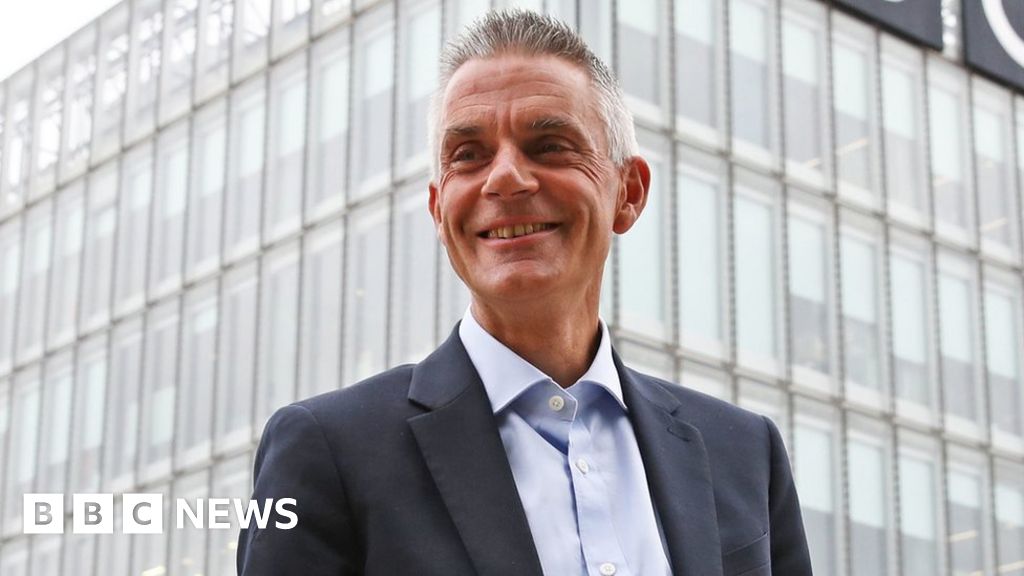(26-03-2024, 11:33 PM)MajesticBass Wrote: So I really don't see how another review is going to help here.
I dare say it ensures that the future of the licence fee and it's replacement isn't discussed until after the next general election. Given current polling I can't imagine that the BBC would want the current government to decide, as knowing they're likely on the way out they could hand the BBC a stinker (as the recent two year freeze arguably was).
I'd agree though that the feasible options seem to be already known.
Advertising is a non-starter. All the BBC's commercial rivals would object to this option, especially commercial TV channels who are already struggling with advertising revenue since streaming platforms started introducing advertising. I imagine the streaming platforms are also able to offer targeted adverts, compared to traditional linear TV at least on Freeview.
Subscription is also likely to be contentious and problematic. The Lords committee have previously stated that it "would generate insufficient income whilst introducing disproportionate barriers to access", and stated that they do not recommend moving to a purely subscription-funded model. I suspect a few of the streaming platforms might also object, as they may feel they'd lose some customers.
With regards to a telecommunications levy it's worth noting that the Lords committee stated it "would offer few advantages over the licence fee, and its potentially negative impact on broadband access would make it less fair".
On a hybrid commercial funding the committee stated:
"We welcome the BBC’s commercial strategy and encourage it to continue to diversify its sources of revenue. But such income is
limited. Without major changes, this will not offset the BBC’s reliance on wider public funding in the near future."
On a part domestic subscription their conclusion was:
Quote:A hybrid domestic subscription offers an opportunity for the BBC to maintain a broad range of quality programming without requiring regular rises in the licence fee or alternative method of public funding. It would give audiences choice over whether to pay for the full range of BBC output while ensuring the BBC’s core programming remains universally accessible. But there would be significant commercial risk with no guarantee of success. It may involve trade-offs with universal access, which would have to be viewed as acceptable by audiences.
There are a range of possible versions of such a service, with varying levels of investment and risk. For an expansive version, multi-billion upfront investment would be needed to build a sufficient content library. A less expansive version, experimenting with new payment models and content strategies, would involve less investment and risk, but could provide a basis for possible future expansion.
It's worth noting that at the end of the alternatives section the Lords committee report stated...
"We recommend the BBC explores and publishes costed options for hybrid domestic and international subscription models"
This may also be part of the reason for yesterday's announcement.


![[-]](https://pres.cafe/images//collapse.png)